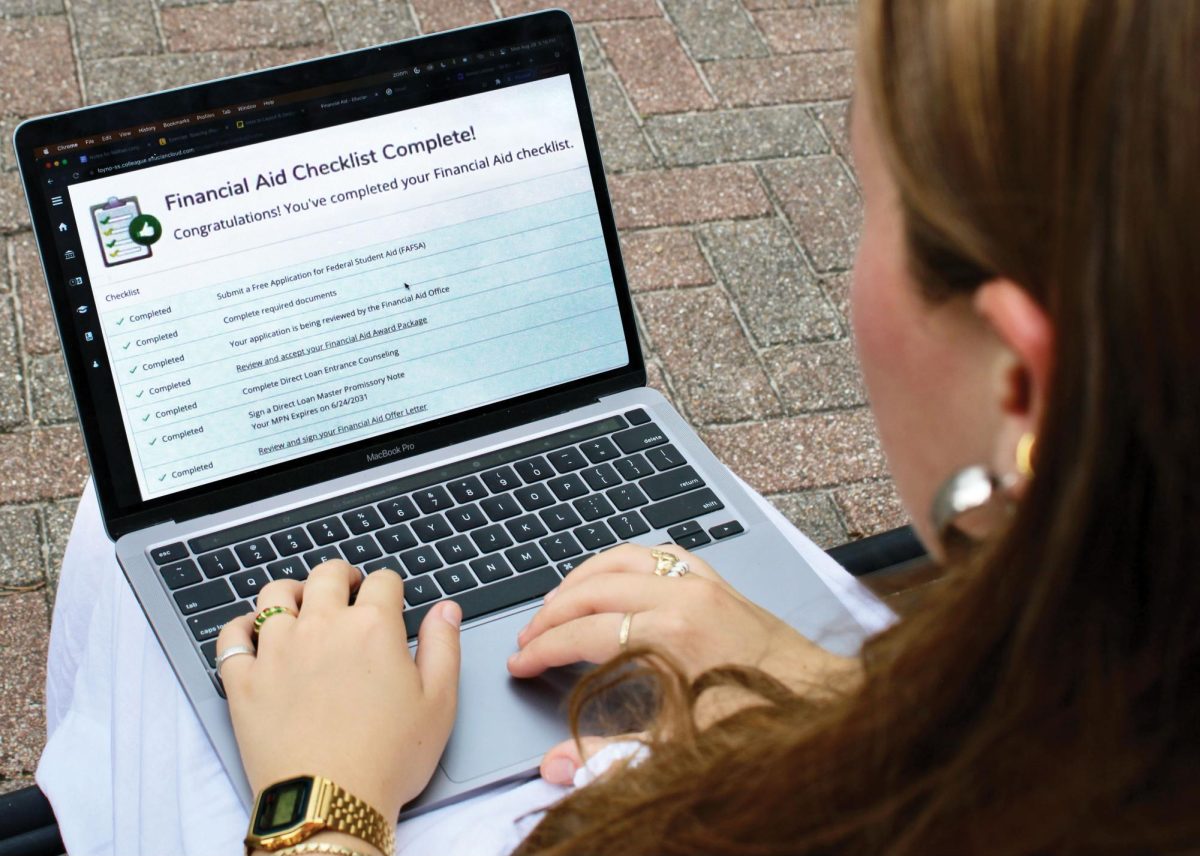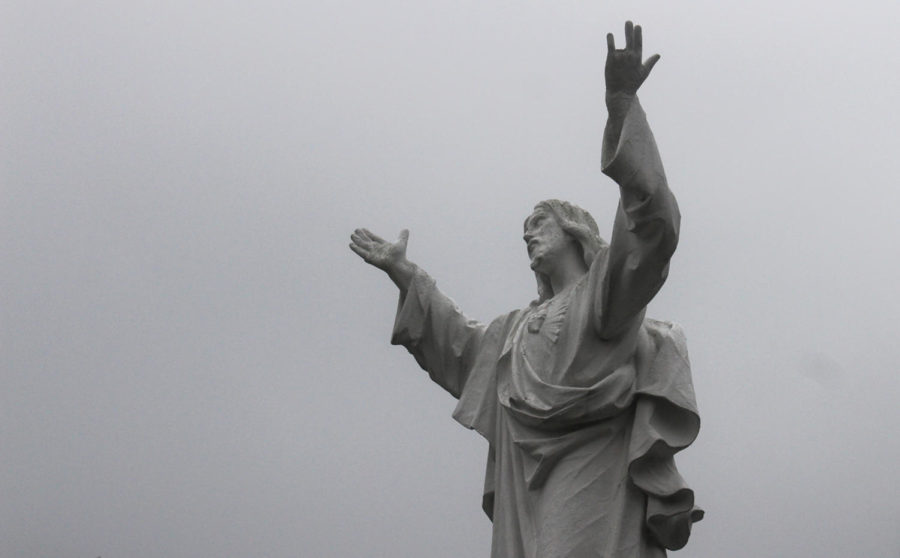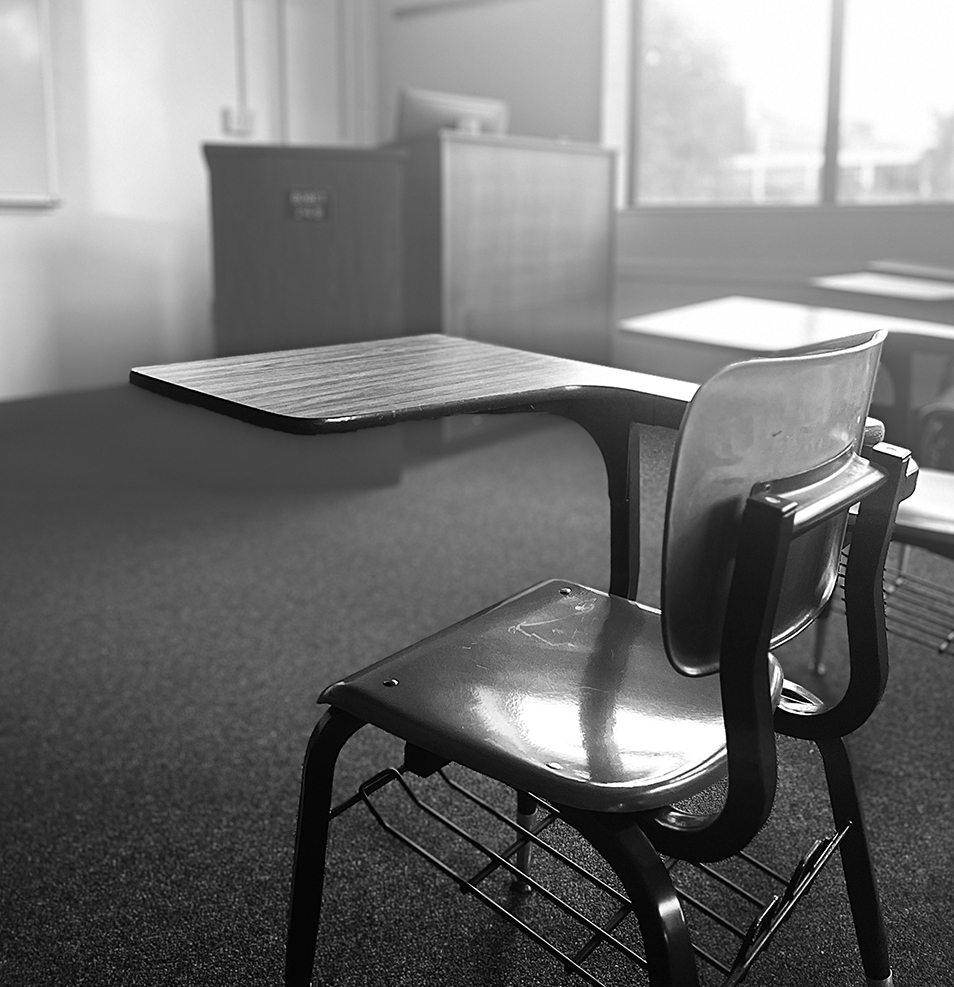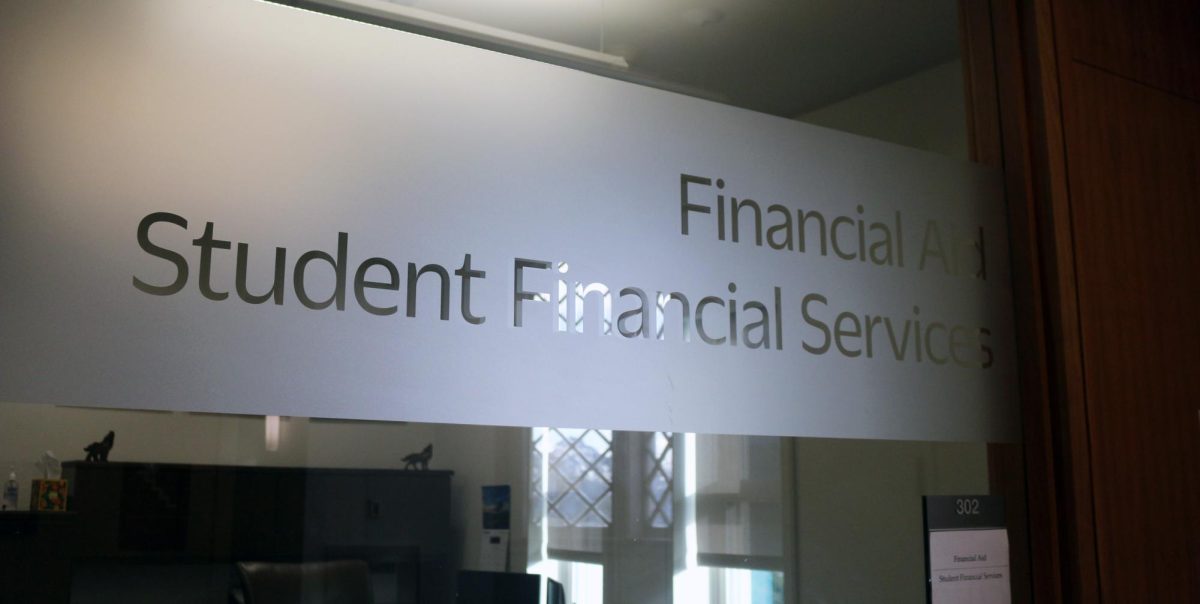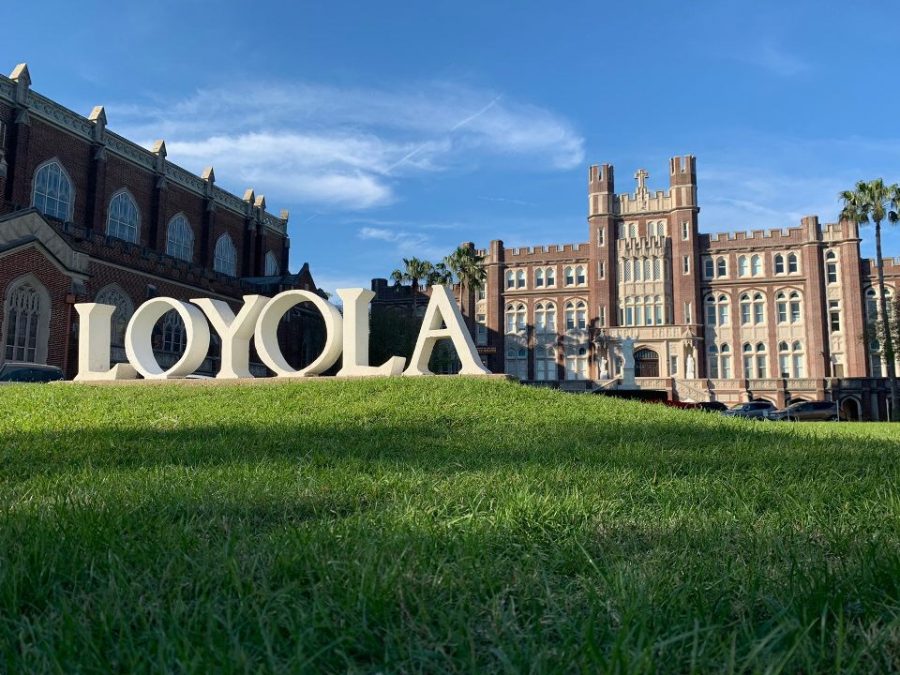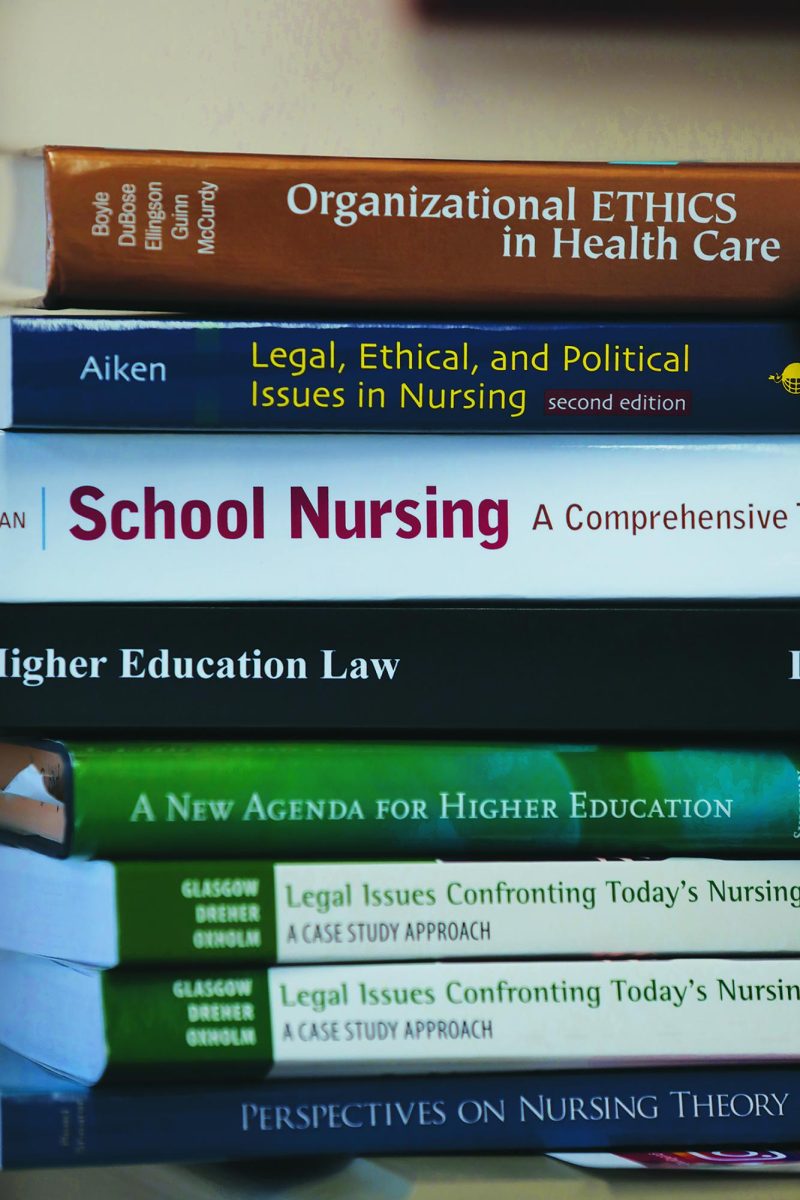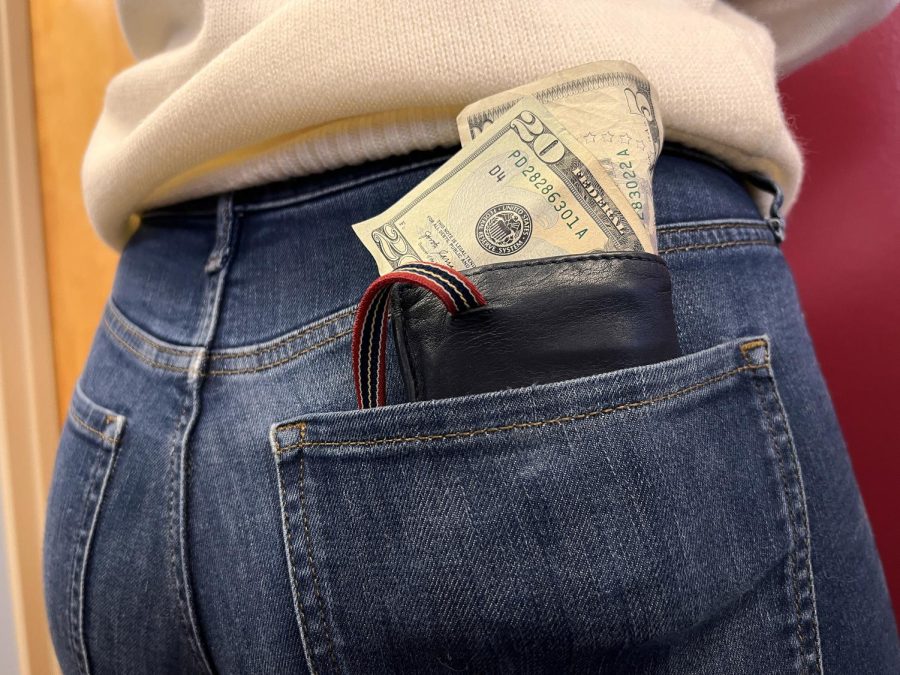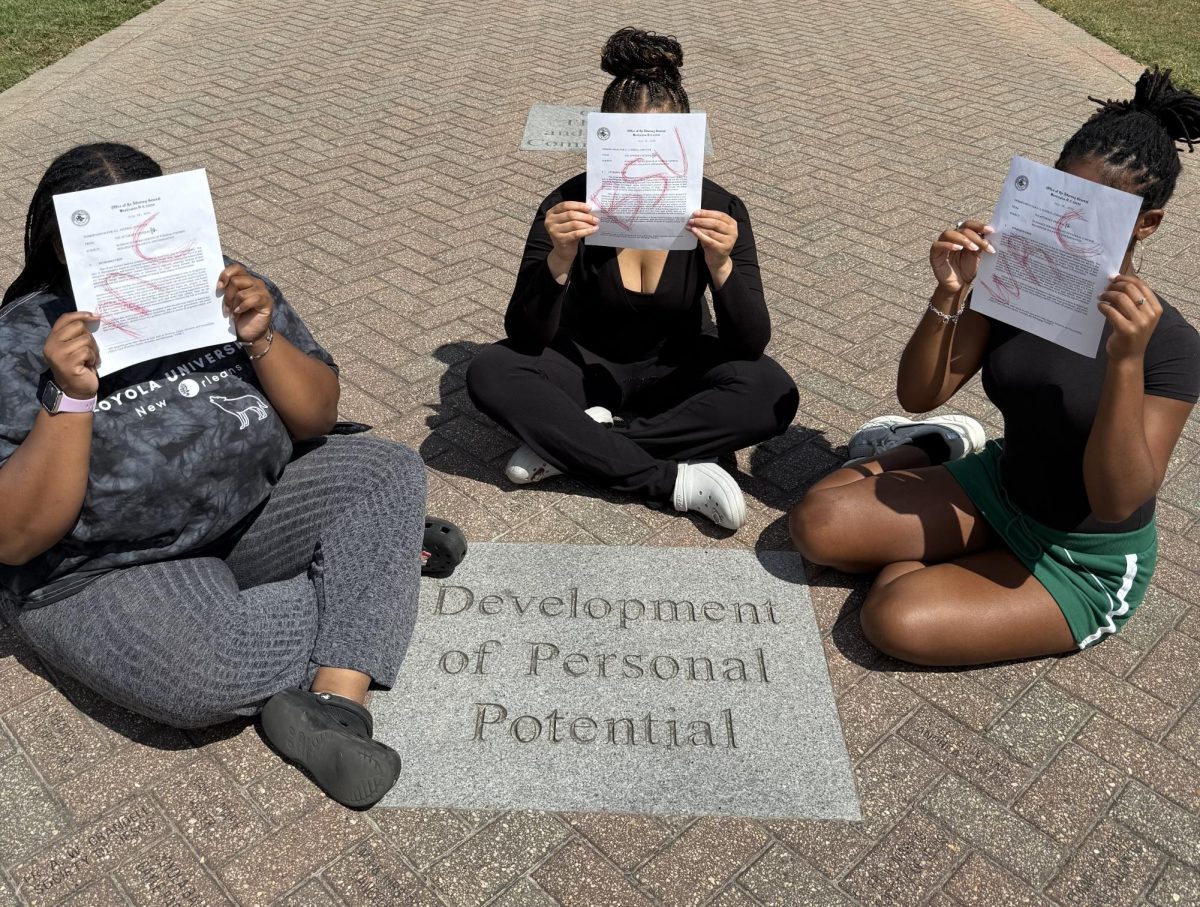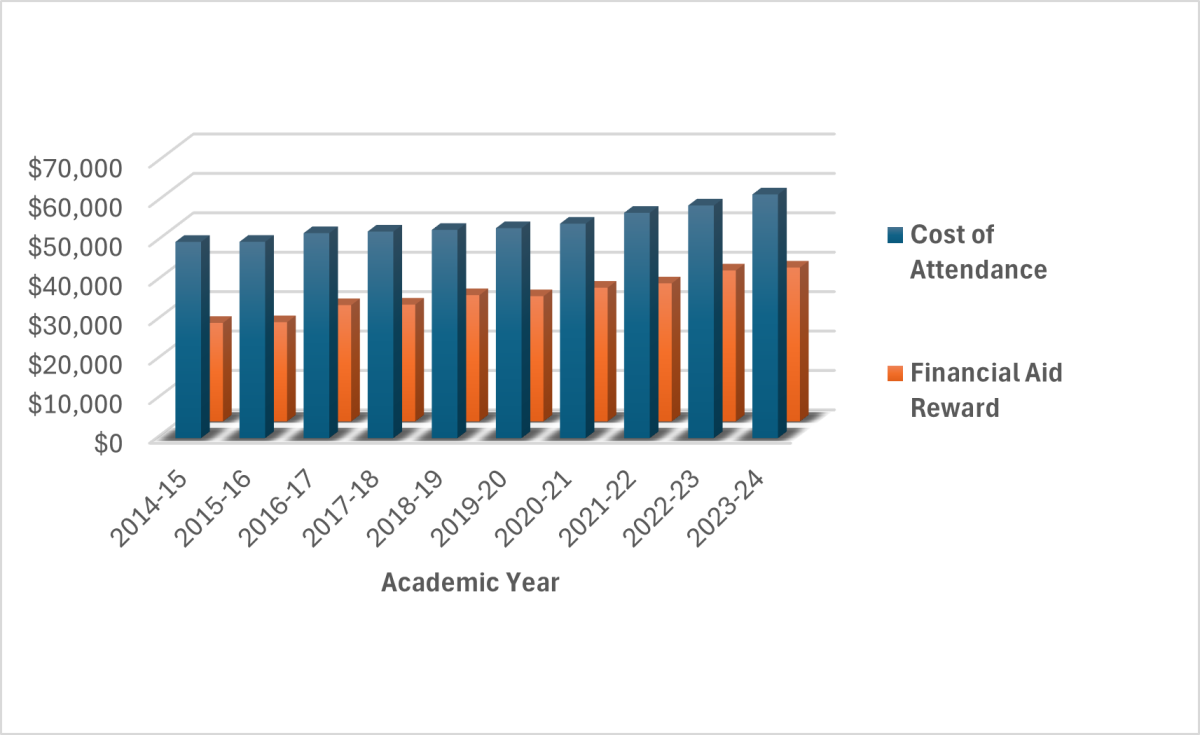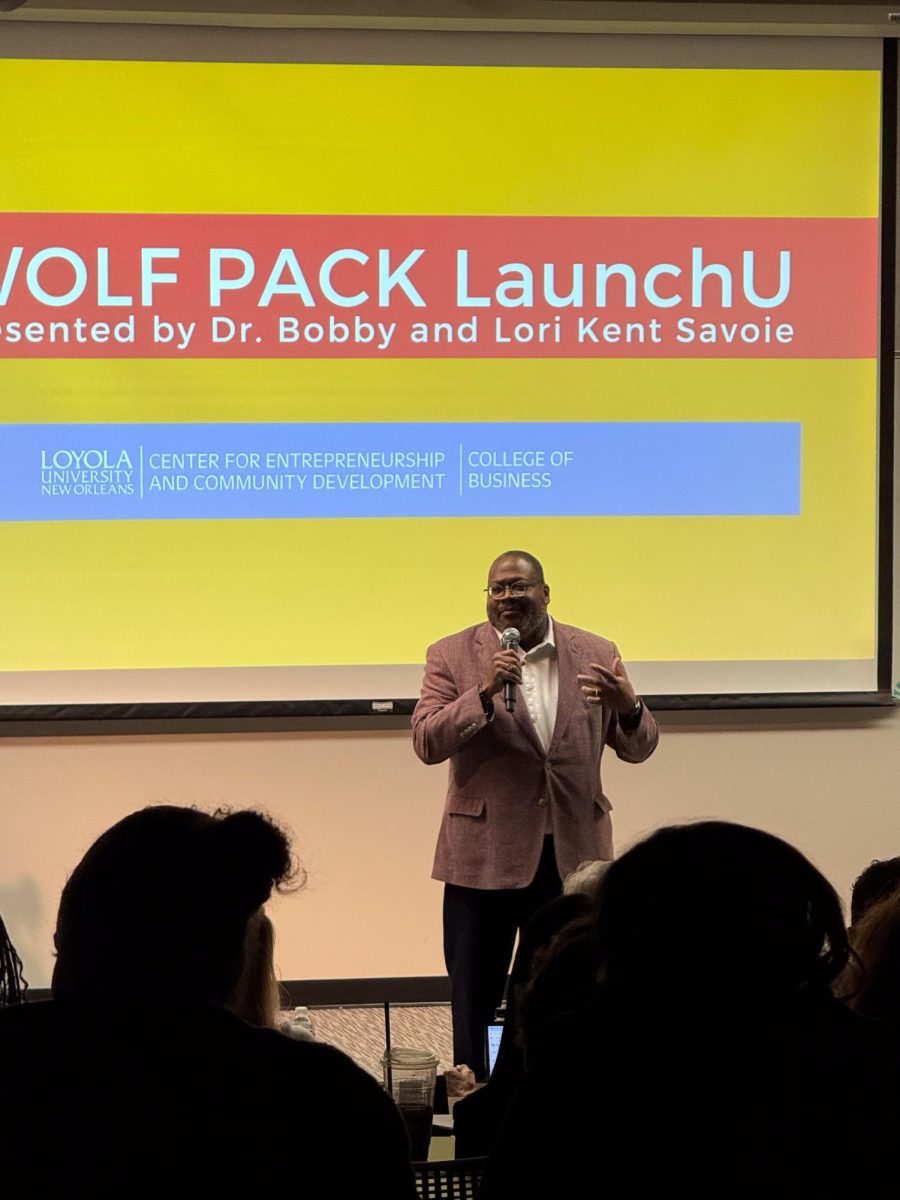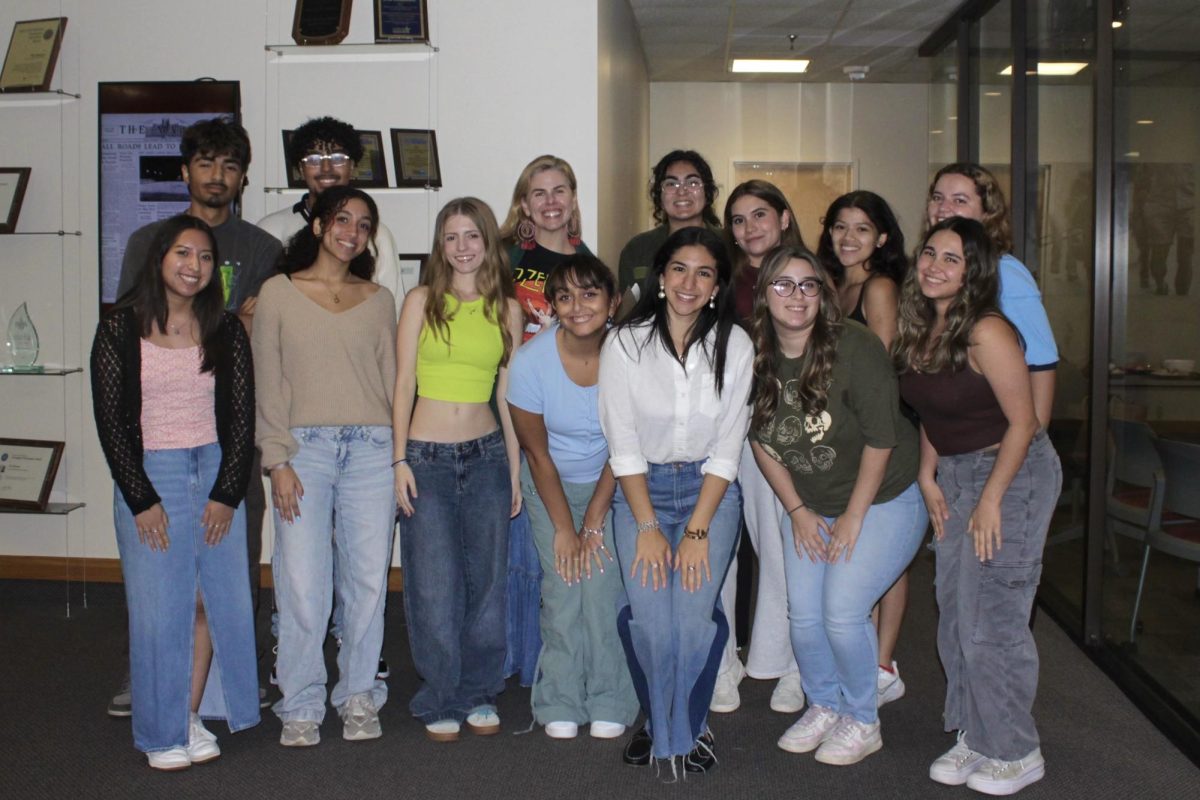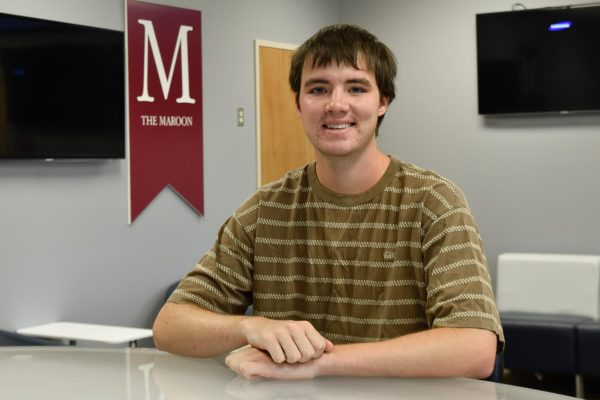Last year, Loyola’s enrollment dropped by more than 100 students for the 2024-25 school year. The delay in the Free Application for Federal Student Aid caused many issues for students applying to and already at Loyola. Each year, the FAFSA is usually made available in October, but for the 2024-25 academic year, it was made available in December.
Anthony Jones, Loyola’s vice president of enrollment management, said the decline in enrollment for the 2024-25 school year can be directly linked to the FAFSA delays.
Over 90% of Loyola students receive some form of financial aid, with 40% receiving Pell Grants, according to Jones. The delay in financial aid packages affected many who rely on this support, and some families chose to delay enrollment until later semesters or attend schools with lower costs.
“Windows were closing for universities to send out aid packages to students,” Jones said. “Families in a vulnerable position need a longer window to decide if they’re going to have the money to go to school.”
Loyola students did not receive financial aid packages until March or April, leaving them just one month to decide before the May deadline.
Biology freshman Carlos Andrade recalled how long the process took for him to receive his financial aid award package when he applied.
“It was more of a waiting game, and I remember checking my email waiting to see how much I had been awarded,” he said.
“I wasn’t 100% sure of where I wanted to go, and I really needed to know what my expenses were going to be because it definitely tied into my decision and plays a huge part,” Andrade said.
He believed the process this year when applying for financial aid is much easier.
“A lot of my information was passed on from last year, so I didn’t have to fill out a lot of the basic information again,” Andrade said. “It was more efficient in my opinion.”
Finance and economics senior Angel Allen noticed a big difference between last year’s application process and the 2025-26 process.
“In previous years, applying for FAFSA was quite tedious due to the numerous questions and the vast amount of information needed,” Allen said. “However, recently I’ve noticed there are far fewer questions, making the process easier and quicker.”
Moving forward, students who rely on financial aid hope there will be no more FAFSA delays, and for better communication from Loyola faculty about financial options.
“One key recommendation I have for Loyola is to handle FAFSA communication with the same priority as other topics like campus events, religious activities, housing, and bookstore updates,” Allen said. “In 2024, I only got about two emails from Loyola about the FAFSA application process, but received over 50 emails about buying textbooks.”
Film freshman Kassidy Pattain questioned whether Loyola was the right school for her and was very concerned about the cost of housing when she applied.
“It would’ve been a lot easier if the results came out sooner because I would’ve known the cost of attending,” Pattain said. “Towards the end of June, I almost withdrew my application but then was given a full financial breakdown of where all my financial aid was going.”
When discussing the university’s communication with students about the FAFSA delays, Pattain also felt that Loyola could have communicated more effectively.
“The university could’ve helped educate students a little more during the process, or had early in-depth meetings to make sure that everyone was educated on what their options are and what they can be,” she said.
Some students felt a sense of stress and uncertainty because of the delays, but found that this year’s application process went smoother than the process last year.
“I was really concerned about the status of my financial aid last year,” said Pattain. “But I think that this year, it’s a little easier to fill out knowing what I know now.”


